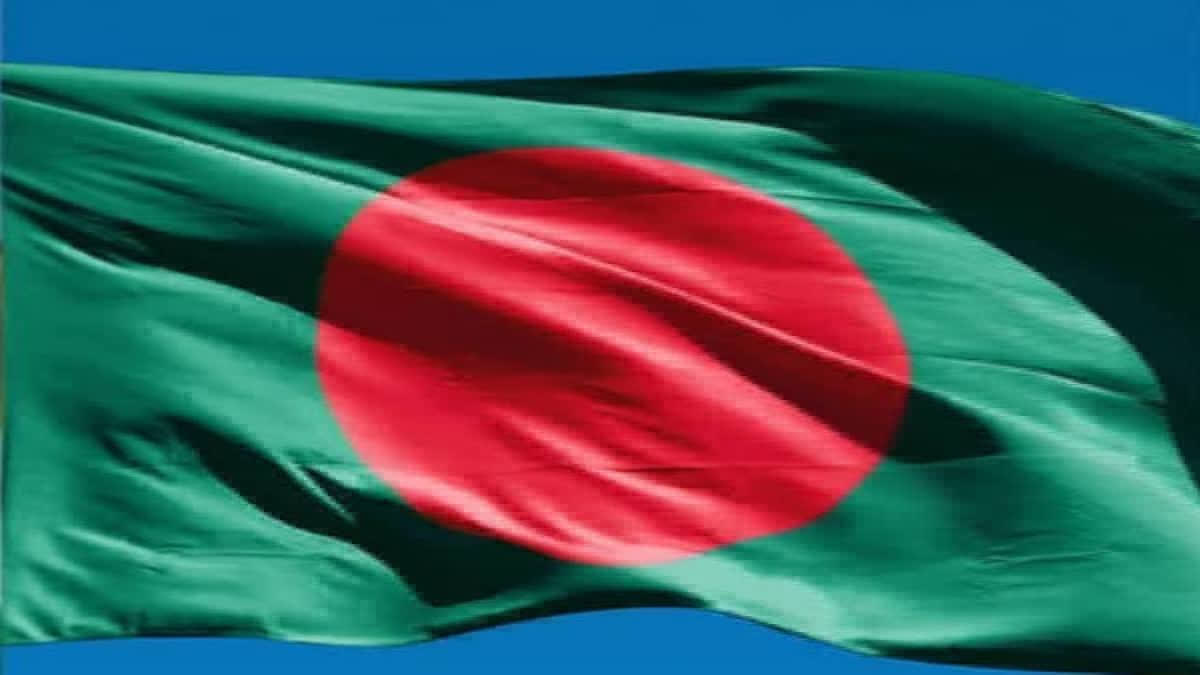Dhaka/New Delhi: Bangladesh’s Election Commission (EC) on Tuesday said preparations were underway to stage general elections by December as nationwide vandalisms over the past week prompted the interim government chief Muhammad Yunus to agree to the proposal. The EC’s comments came a day after Yunus assured former prime minister Khaleda Zia’s Bangladesh Nationalist Party (BNP) to hold elections by December.
Election Commissioner Abul Fazal Mohammad Sanaullah told journalists: “We are preparing for the national elections in December (this year).” He was speaking after a meeting with diplomats of 17 western and other countries alongside the United Nations and European Union (EU) representatives here.
Instead of local government elections, as proposed by a government-appointed commission, national election is the priority, Sanaullah, who was flanked by the diplomats, said. He said the chief adviser earlier mentioned two deadlines but “we, however, are preparing for the first date.”
UN resident representative Stefan Liller, who attended the meeting, said the United Nations expected the upcoming polls to be the best in Bangladesh's history and “we are supporting the EC to conduct a free and fair election." He, however, declined to comment on challenges of holding such elections, saying “that is not for me to comment.”
On Monday, Chief Adviser Yunus assured Zia’s BNP to hold elections by December as per the party’s demand of quickest possible timing citing reasons of deteriorated law and order situation and the precarious economic conditions. “He (Yunus) informed us that the government is working to hold the election by December,” BNP secretary general Mirja Fakhrul Islam Alamgir told journalists after a meeting with the chief adviser late on Monday night.
Yunus assumed the charge of Bangladesh’s interim government on August 8, 2024, three days after the ouster of the then prime minister Sheikh Hasina’s Awami League regime in an uprising led by the Anti-Discrimination Student Movement. His council of advisers -- effectively the cabinet -- which includes three student movement leaders, launched a reform campaign constituting several commissions to recommend restructuring of the country’s administrative systems and also Bangladesh’s original 1972 constitution.
The government-instituted commissions submitted their reports while the one for the constitutional reform proposed a series of changes in the charter. The Constitution Reform Commission recommended changing state principles, deleting “secularism” and “nationalism” and suggested, if needed, the charter should be scrapped entirely instead of amendments, which was done previously several times.
The Anti-Discrimination Student Movement that led the uprising earlier vowed to “bury” the 1972 constitution calling it a “Mujibist” charter, a reference to the country’s founding father Sheikh Mujibur Rahman. In view of visibly mounting pressures from the BNP and other major parties, Yunus earlier said the polls could be held after minimal reforms by December or after substantial ones in June 2026.
The students’ platform hinted they were set to float a political party themselves prompting BNP to demand early elections while it also expressed fears about the government’s neutrality during the polls as the students’ platform hinted to float a political party of their own to take part in the election.
BNP Secretary General Mirza Fakhrul Islam Alamgir said the government could not evade responsibilities of countrywide vandalism incidents in recent days as “we have seen that those incidents happened one after another in front of law enforcement and other government agencies.”
“As a result of these incidents the overall law and order situation deteriorated to a large extent,” he said after the meeting with Yunus at his official Jamuna residence. The incidents he referred to started earlier this month when a mob demolished Mujib’s residence at 32 Dhanmondi on February 5 under what they called a “bulldozer procession” with little government interference to stop them.
The mobs subsequently carried out a nationwide mayhem setting on fire or demolishing Hasina’s close relatives and party leaders and government ministers across the country. Most of the ministers or leaders of Hasina’s party and several police and administrative officials are now behind bars or hiding at home and abroad to evade arrests, mainly on charges of ruthlessly suppressing the uprising by allegedly killing several hundred people during the July-August uprising.



